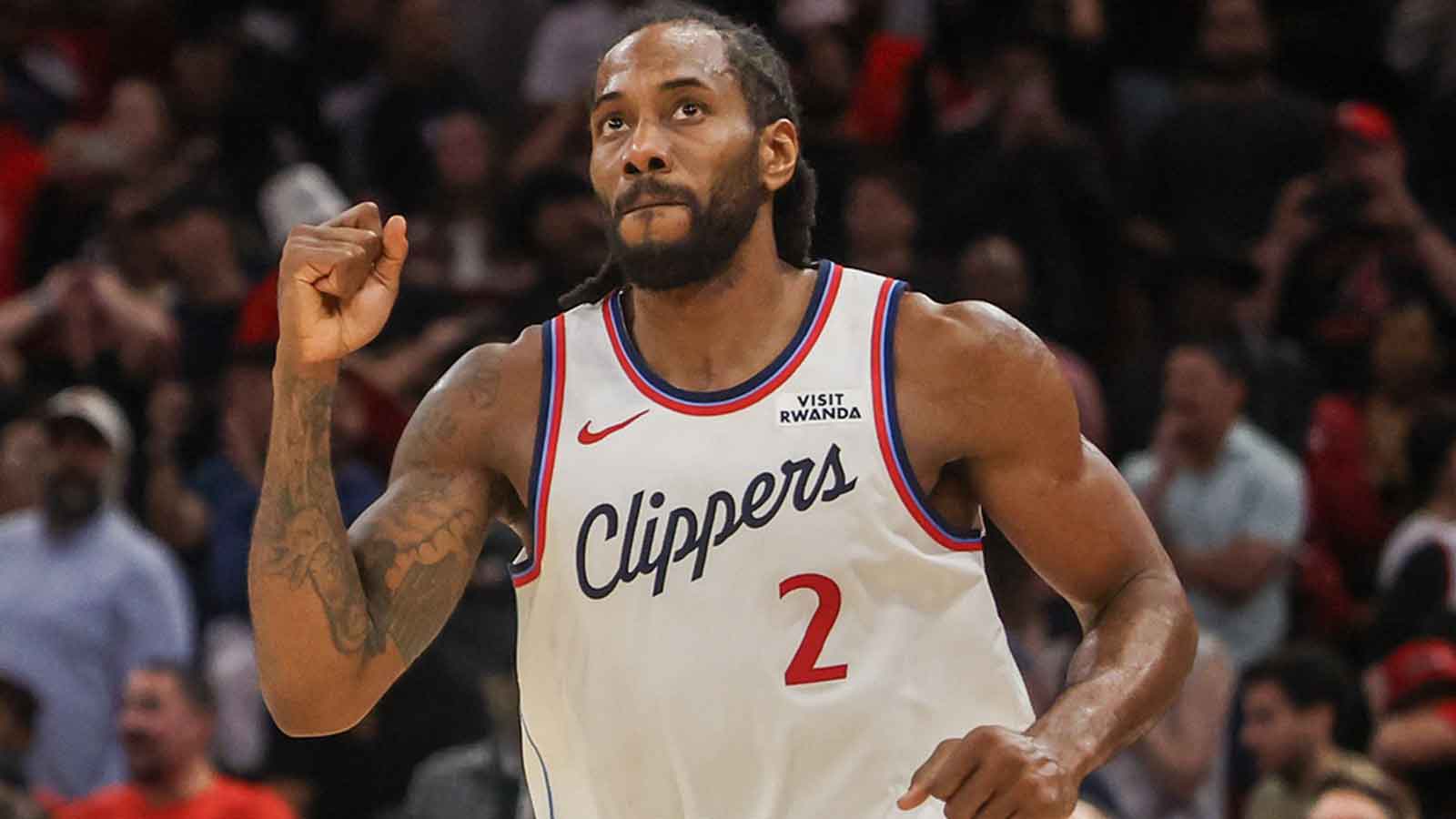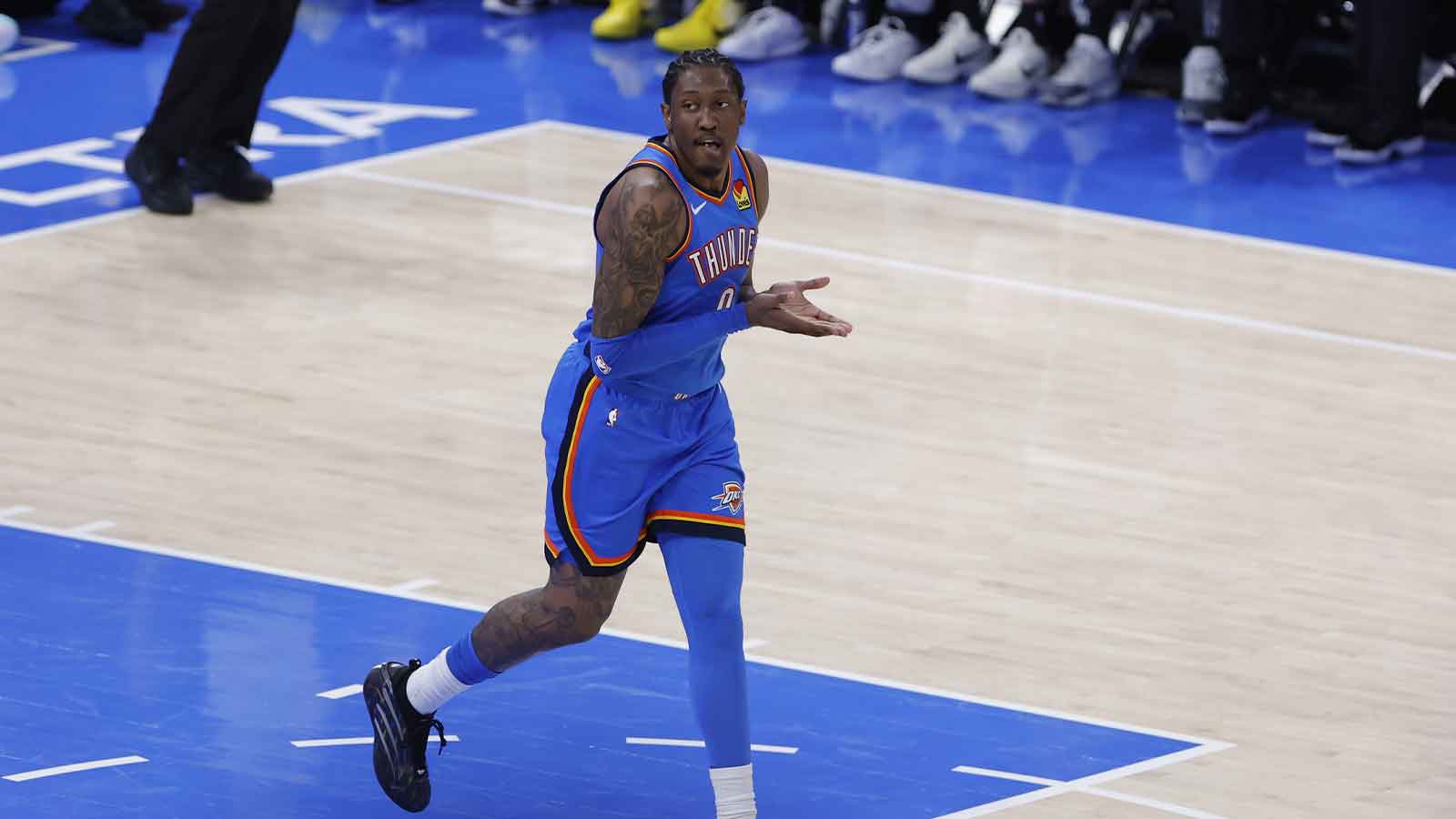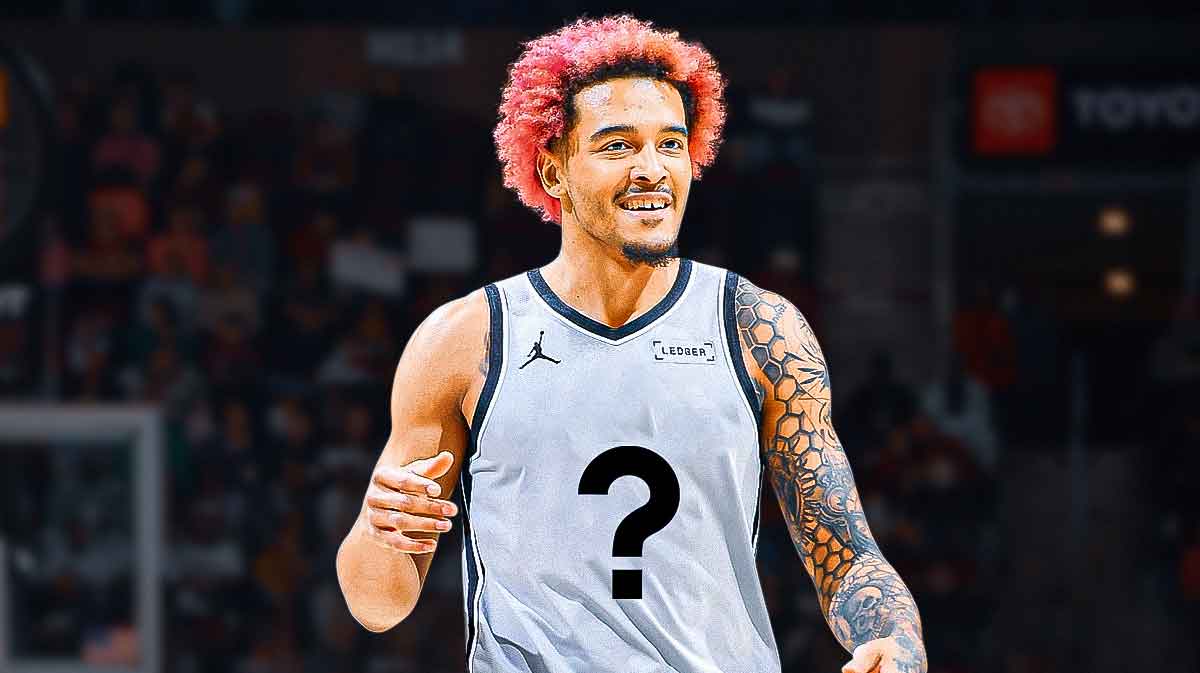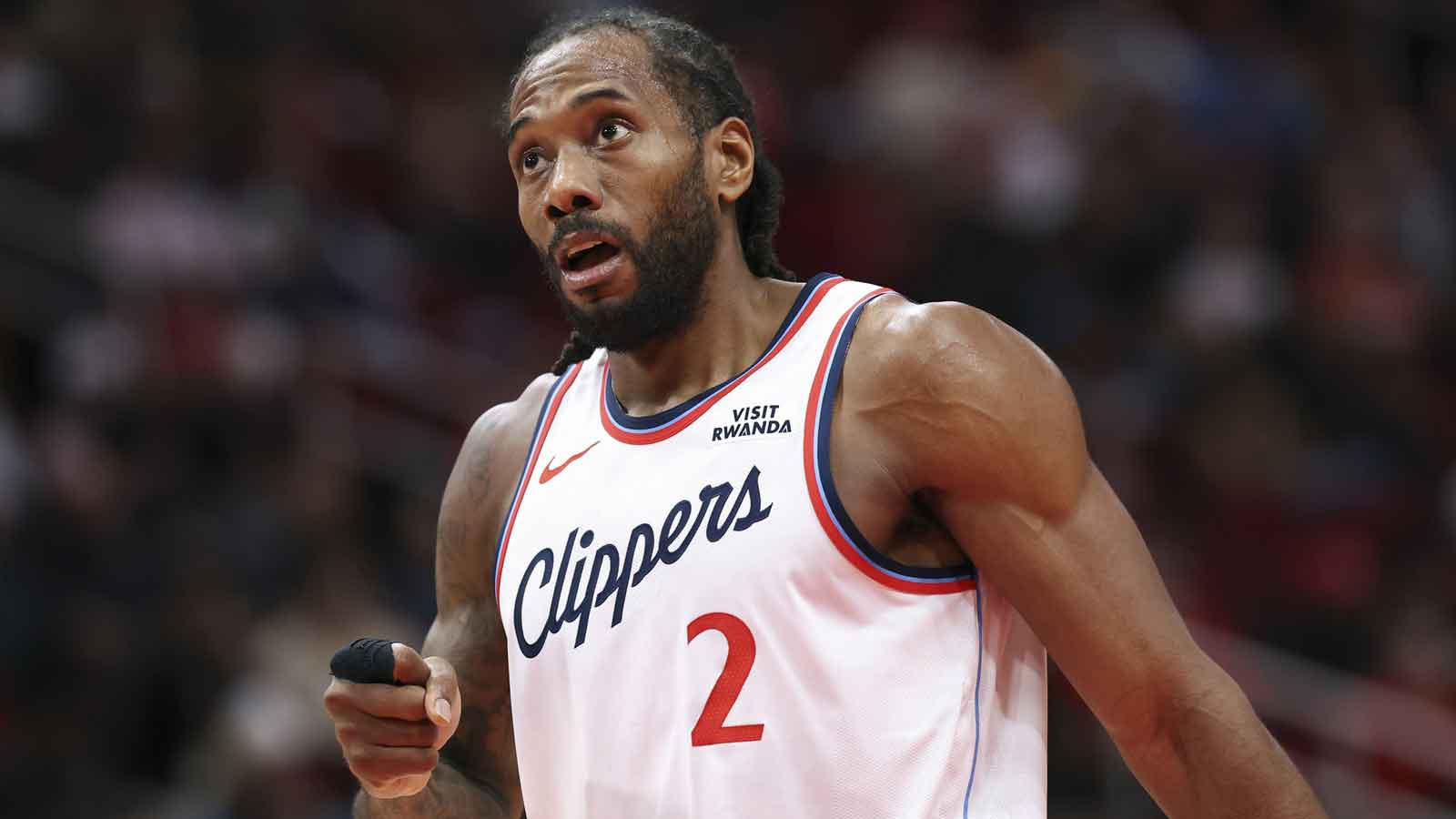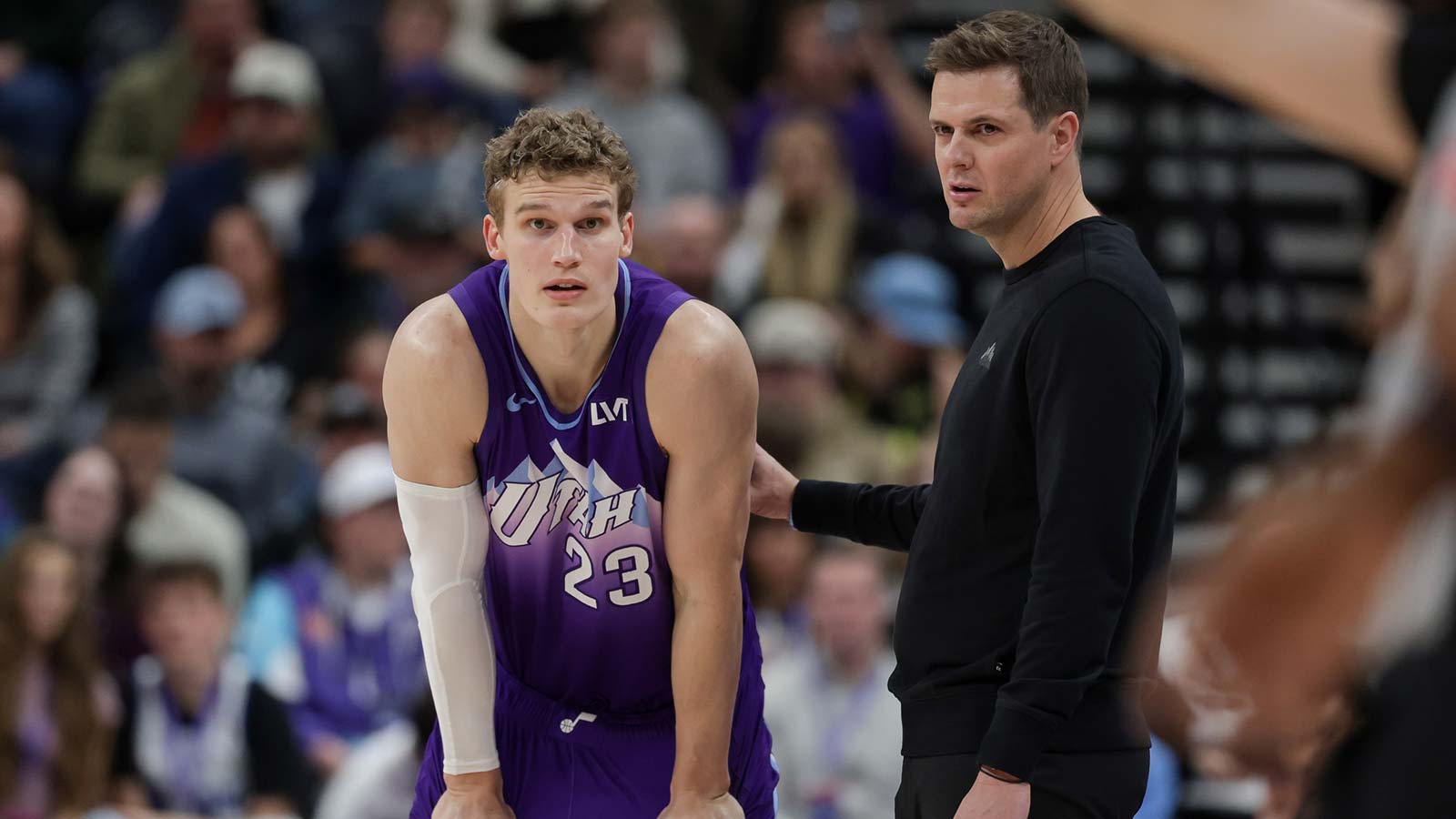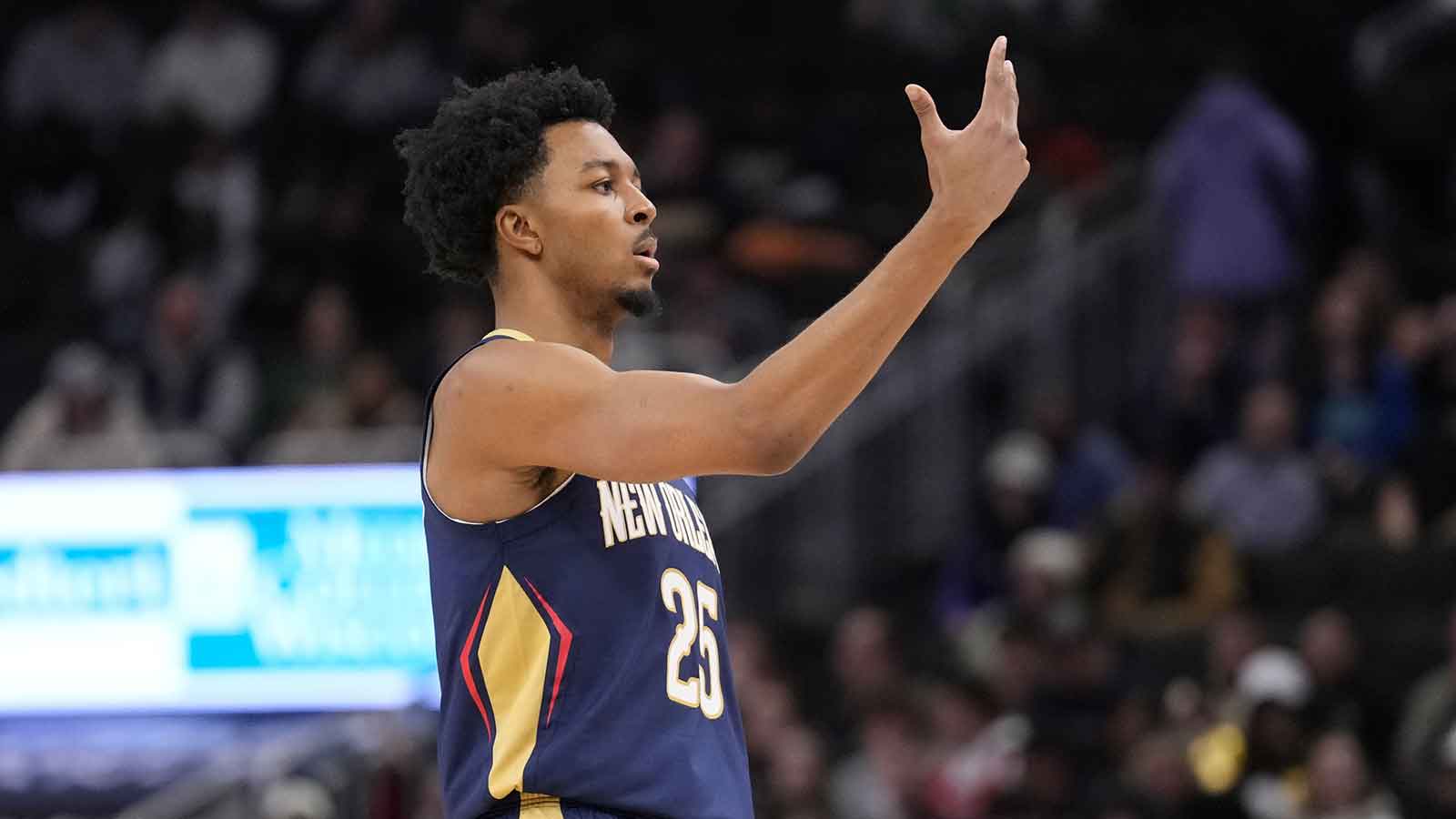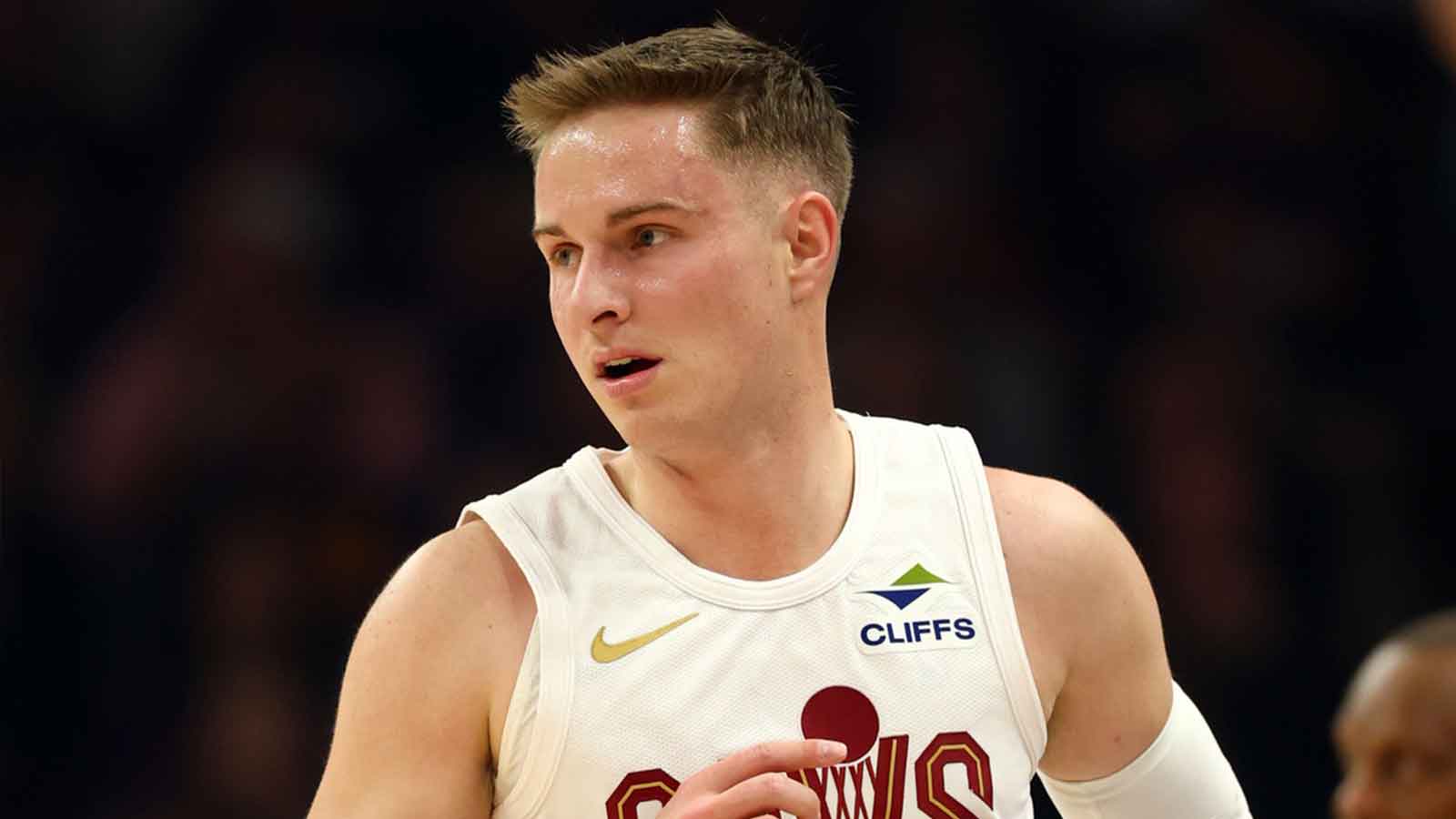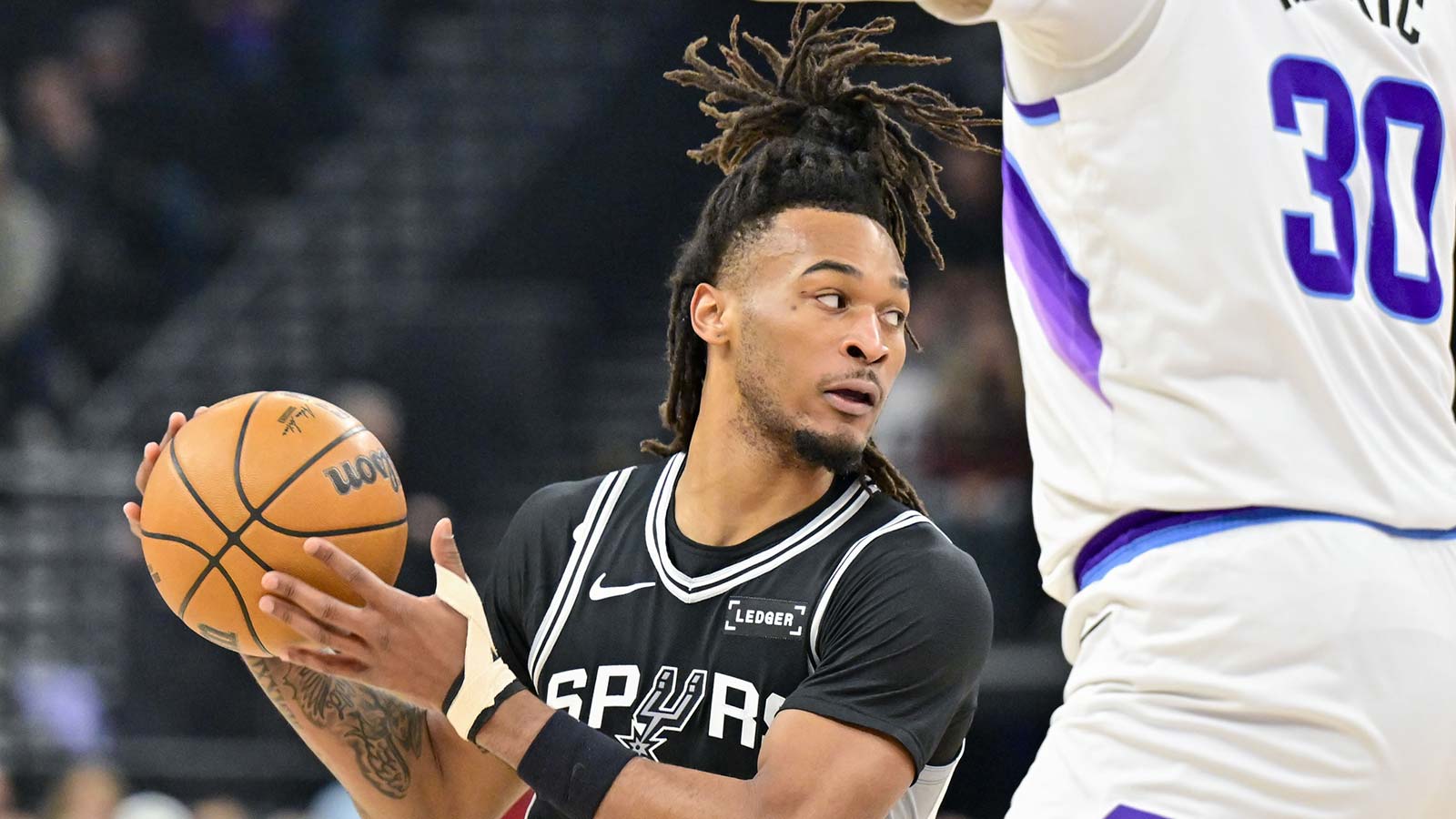In the most recent episode of The Washington Post podcast with Tim Bontemps, guest Brian Windhorst from ESPN discussed how, as the trade deadline approaches, several teams might be looking to make some particular moves.
These trades are not necessarily fueled by the need of adding a backup player or a star to lead them to the playoffs. Instead, teams will look to trade pieces away to help their financial situation. Teams sometimes need to get rid of expensive contracts to avoid falling in the luxury tax. Others may just want to clear as much salary cap space as possible to be in a good spot come free agency this summer.
Windhorst explained how these types of trades have become more common recently:
“We saw quite a few financially motivated trades between about 2008 and 2012 or 13. The cap wasn’t growing, the economy was poor, some teams were tight [with their money]. For the last three or four years, a lot of the deals that were financially based were to create cap space to use money elsewhere.”
Windhorst commented about this year's specific financial situation and how it impacts the moves teams make:
“Now that the cap isn’t going to grow – it’s essentially going to be flat – you’re going to see financially-based trades. So teams that have flexibility in their cap are going to be in great position to take advantage.”
Some of the names and teams referenced during the discussion were Kemba Walker in the Charlotte Hornets, Jabari Parker in the Milwaukee Bucks, and several Denver Nuggets candidates. This season, the NBA salary cap is $99.093 million dollars.
If the salary cap was unable to be exceeded, a lot of teams would be in some trouble. According to HoopsHype, only four teams are below the actual cap: Suns, Sixers, Mavericks and Bulls. Out of that group, only the Philadelphia 76ers are genuine playoff contenders. The payroll is topped by the Warriors, Cavaliers and Thunder. All three of them are over the $130 million mark in salaries. These teams have used a combination of rules that allow them to exceed the cap legally; an example is the Bird Rights Rule.









